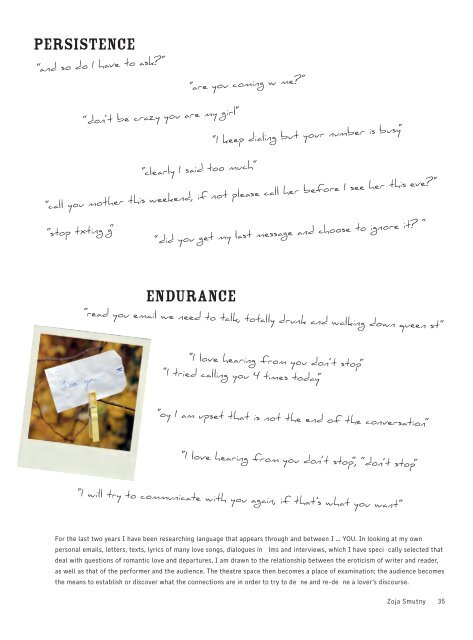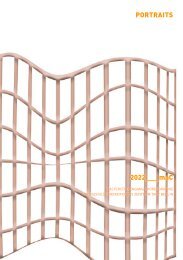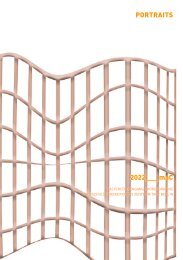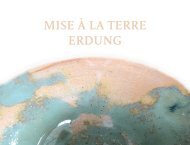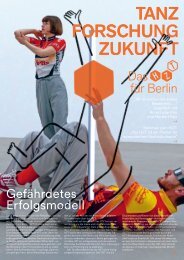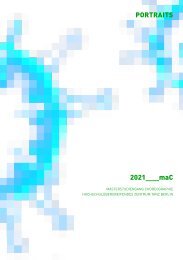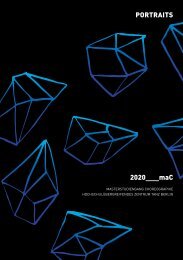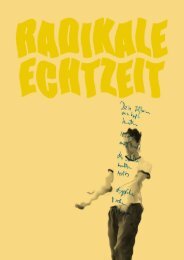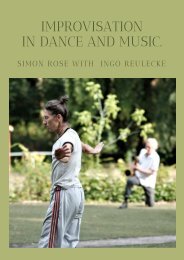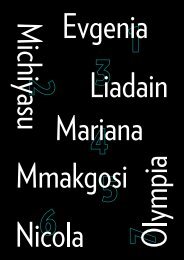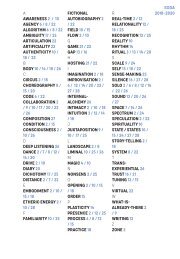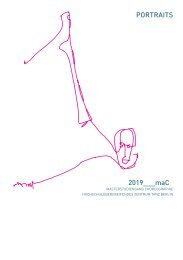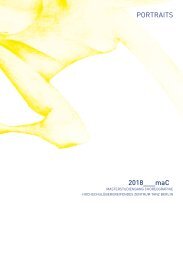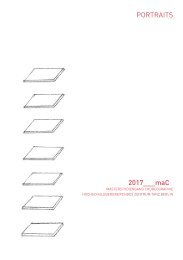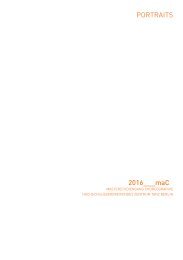SODA WORKS 2011
In "New Performance Work 2011", the nine 2012 graduates of the masters programme Solo Dance Authorship critically reflect on the conditions of performance creation and production. Whilst doing so, the group questions preconceived notions of authorship through the practical workshops and table discussions they had over the course of their studies. The publication of their results hopes to present a glimpse of their artistic work and ideas, and highlights the influence of the community that the artists operate within.
In "New Performance Work 2011", the nine 2012 graduates of the masters programme Solo Dance Authorship critically reflect on the conditions of performance creation and production. Whilst doing so, the group questions preconceived notions of authorship through the practical workshops and table discussions they had over the course of their studies. The publication of their results hopes to present a glimpse of their artistic work and ideas, and highlights the influence of the community that the artists operate within.
You also want an ePaper? Increase the reach of your titles
YUMPU automatically turns print PDFs into web optimized ePapers that Google loves.
Persistence<br />
“and so do I have to ask?“<br />
“are you coming w me?“<br />
“don’t be crazy you are my girl“<br />
“I keep dialing but your number is busy“<br />
“clearly I said too much“<br />
“call you mother this weekend, if not please call her before I see her this eve?“<br />
“stop txting g“<br />
“did you get my last message and choose to ignore it? “<br />
endurance<br />
“read you email we need to talk, totally drunk and walking down queen st“<br />
“I love hearing from you don’t stop“<br />
“I tried calling you 4 times today“<br />
“oy I am upset that is not the end of the conversation“<br />
“I love hearing from you don’t stop“, “don’t stop“<br />
“I will try to communicate with you again, if that’s what you want“<br />
For the last two years I have been researching language that appears through and between I … YOU. In looking at my own<br />
personal emails, letters, texts, lyrics of many love songs, dialogues in lms and interviews, which I have speci cally selected that<br />
deal with questions of romantic love and departures, I am drawn to the relationship between the eroticism of writer and reader,<br />
as well as that of the performer and the audience. The theatre space then becomes a place of examination; the audience becomes<br />
the means to establish or discover what the connections are in order to try to de ne and re-de ne a lover‘s discourse.<br />
Zoja Smutny<br />
35


